Leather is a durable and versatile material that has been used for centuries in the production of various goods, including clothing, accessories, and upholstery. While there are several types of leather available, two of the most commonly used are sheep leather and cow leather. In this article, we will explore the characteristics, benefits, drawbacks, and applications of both sheep and cow leather, allowing you to make an informed decision when choosing the right type of leather for your needs. 1. Sheep Leather: Sheep leather is renowned for its soft and supple texture, making it a popular choice for garments such as jackets, gloves, and shoes. It offers many advantages, including: 1.1. Softness and Flexibility: Sheep leather is incredibly soft and pliable, making it comfortable to wear and providing greater flexibility. Its fine grain structure allows it to drape and conform to the body, offering a luxurious feel. 1.2. Lightness: Compared to cow leather, sheep leather is lighter in weight, which makes it suitable for garments that require a high level of comfort and flexibility. 1.3. Breathability: Sheep leather is highly breathable, allowing air to pass through it easily. This property makes it perfect for warm weather conditions, as it helps regulate body temperature and wick away moisture. 1.4. Resistance to Wrinkling: Sheep leather has excellent resistance to wrinkling, ensuring that the material retains its smooth and polished appearance for longer periods. 1.5. Versatility: Sheep leather is suitable for a wide range of products, including clothing, accessories, and upholstery. Its softness and pliability make it a popular choice for high-end fashion items. Despite its many advantages, sheep leather does come with a few drawbacks, such as: 1.6. Durability: Compared to cow leather, sheep leather is relatively less durable. It is susceptible to scuffs, scratches, and tears, which can affect its longevity.
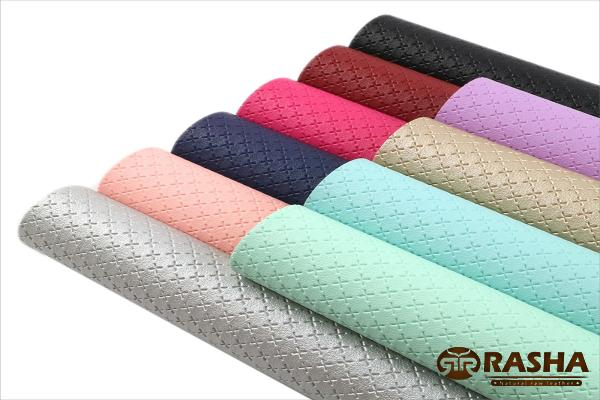
leather
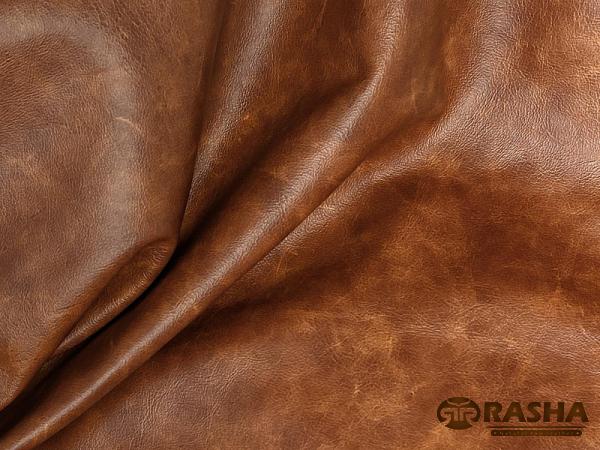 1.7. Limited Strength: Sheep leather has lower tensile strength than cow leather, making it more prone to stretching and tearing when subjected to heavy stress or load. 2. Cow Leather: Cow leather is one of the most widely used and appreciated types of leather. Its popularity stems from its durability, strength, and ability to age beautifully over time. Some key advantages of cow leather include: 2.1. Strength and Durability: Cow leather is extremely strong and durable, making it well-suited for products that require resistance to wear and tear, such as bags, belts, and furniture upholstery. It can withstand rough use and last for decades with proper care. 2.2. Rigidity: Compared to sheep leather, cow leather is more rigid and holds its structure well. This characteristic makes it an ideal choice for items that require stiffness, such as wallets and shoe soles. 2.3. Thickness: Cow leather tends to be thicker than sheep leather, providing better protection and insulation in colder weather conditions. 2.4. Versatility: Due to its durability and strength, cow leather finds applications in a wide range of products, including clothing, furniture, automotive upholstery, and accessories. However, cow leather has a few limitations that should be considered: 2.5. Weight: Cow leather is heavier than sheep leather, which might make it less desirable for lightweight garments or accessories. 2.6. Initial Stiffness: When new, cow leather can be quite stiff, requiring a break-in period to achieve optimal comfort. However, this stiffness tends to decrease with use and regular conditioning. Conclusion: When choosing between sheep leather and cow leather, it is crucial to consider your specific requirements and the intended purpose of the leather product. Sheep leather offers a luxurious and soft feel, making it ideal for comfortable clothing and accessories, especially for warm weather conditions. On the other hand, cow leather excels in durability, strength, and versatility, making it more suitable for heavy-duty products and items that require structure and rigidity. Both types of leather have their own unique characteristics and benefits, so the choice ultimately depends on your personal preferences and the specific needs of your project. Whether you prioritize softness, durability, or versatility, both sheep leather and cow leather offer a range of options to meet your requirements and ensure a high-quality end product.
1.7. Limited Strength: Sheep leather has lower tensile strength than cow leather, making it more prone to stretching and tearing when subjected to heavy stress or load. 2. Cow Leather: Cow leather is one of the most widely used and appreciated types of leather. Its popularity stems from its durability, strength, and ability to age beautifully over time. Some key advantages of cow leather include: 2.1. Strength and Durability: Cow leather is extremely strong and durable, making it well-suited for products that require resistance to wear and tear, such as bags, belts, and furniture upholstery. It can withstand rough use and last for decades with proper care. 2.2. Rigidity: Compared to sheep leather, cow leather is more rigid and holds its structure well. This characteristic makes it an ideal choice for items that require stiffness, such as wallets and shoe soles. 2.3. Thickness: Cow leather tends to be thicker than sheep leather, providing better protection and insulation in colder weather conditions. 2.4. Versatility: Due to its durability and strength, cow leather finds applications in a wide range of products, including clothing, furniture, automotive upholstery, and accessories. However, cow leather has a few limitations that should be considered: 2.5. Weight: Cow leather is heavier than sheep leather, which might make it less desirable for lightweight garments or accessories. 2.6. Initial Stiffness: When new, cow leather can be quite stiff, requiring a break-in period to achieve optimal comfort. However, this stiffness tends to decrease with use and regular conditioning. Conclusion: When choosing between sheep leather and cow leather, it is crucial to consider your specific requirements and the intended purpose of the leather product. Sheep leather offers a luxurious and soft feel, making it ideal for comfortable clothing and accessories, especially for warm weather conditions. On the other hand, cow leather excels in durability, strength, and versatility, making it more suitable for heavy-duty products and items that require structure and rigidity. Both types of leather have their own unique characteristics and benefits, so the choice ultimately depends on your personal preferences and the specific needs of your project. Whether you prioritize softness, durability, or versatility, both sheep leather and cow leather offer a range of options to meet your requirements and ensure a high-quality end product.
Specifications of leather
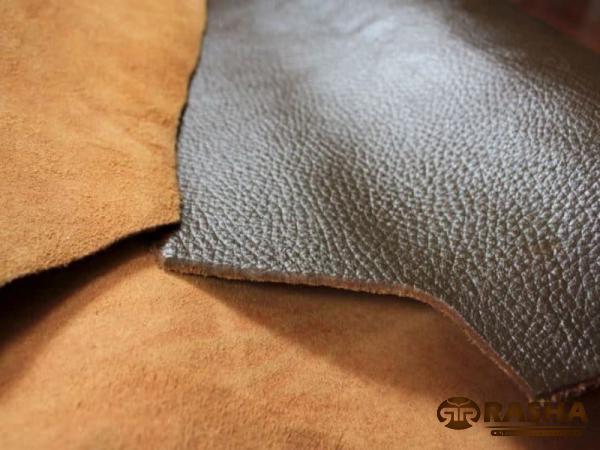 Sheep Leather vs Cow Leather: A Comparative Analysis Introduction: Leather is a durable and versatile material that has been used for centuries in the production of various goods, including clothing, accessories, and upholstery. While there are several types of leather available, two of the most commonly used are sheep leather and cow leather. In this article, we will explore the characteristics, benefits, drawbacks, and applications of both sheep and cow leather, allowing you to make an informed decision when choosing the right type of leather for your business needs. 1. Sheep Leather: Practical Applications and Benefits 1.1. Fashion Industry: Sheep leather is highly sought after in the fashion industry due to its softness and supple texture. It is commonly used to make high-end garments such as jackets, gloves, and shoes. The luxurious feel and drape of sheep leather make it a preferred choice for designers and consumers who prioritize comfort and style. 1.2. Accessories and Small Leather Goods: Sheep leather is also popularly used in the production of accessories like wallets, handbags, and belts. Its lightweight nature and flexibility make it suitable for creating intricate designs while offering durability. Additionally, sheep leather can be easily embossed or engraved, providing customization options for businesses in the accessories market. 1.3. Upholstery and Interior Design: Sheep leather is also used in upholstery and interior design applications. With its fine grain structure and breathability, sheep leather makes an excellent choice for furniture upholstery, adding a touch of elegance and sophistication to any space. Its moisture-wicking properties make it ideal for humid climates, ensuring comfort and longevity. 1.4. Automotive Industry: Sheep leather is increasingly being used in luxury cars for upholstery and interior applications. Its softness, breathability, and ability to conform to complex shapes makes it a preferred choice for car interiors, creating a luxurious and comfortable driving experience for discerning customers. 1.5. Drawbacks of Sheep Leather: While sheep leather offers many benefits, it does come with a few drawbacks. Its softness and fine grain structure make it more prone to scratching and tearing compared to cow leather. Therefore, businesses should consider the level of durability required for their specific products before choosing sheep leather. 2. Cow Leather: Utilization and Advantages 2.1. High-end Leather Goods: Cow leather, known for its strength and durability, is widely used in the production of high-end leather goods. Items like luxury handbags, briefcases, and wallets benefit from the inherent sturdiness of cow leather, ensuring longevity and resistance to wear and tear. The thicker hide of cow leather also provides enhanced protection for valuable items. 2.2. Furniture and Upholstery: Due to its exceptional strength and resilience, cow leather is extensively used in furniture upholstery.
Sheep Leather vs Cow Leather: A Comparative Analysis Introduction: Leather is a durable and versatile material that has been used for centuries in the production of various goods, including clothing, accessories, and upholstery. While there are several types of leather available, two of the most commonly used are sheep leather and cow leather. In this article, we will explore the characteristics, benefits, drawbacks, and applications of both sheep and cow leather, allowing you to make an informed decision when choosing the right type of leather for your business needs. 1. Sheep Leather: Practical Applications and Benefits 1.1. Fashion Industry: Sheep leather is highly sought after in the fashion industry due to its softness and supple texture. It is commonly used to make high-end garments such as jackets, gloves, and shoes. The luxurious feel and drape of sheep leather make it a preferred choice for designers and consumers who prioritize comfort and style. 1.2. Accessories and Small Leather Goods: Sheep leather is also popularly used in the production of accessories like wallets, handbags, and belts. Its lightweight nature and flexibility make it suitable for creating intricate designs while offering durability. Additionally, sheep leather can be easily embossed or engraved, providing customization options for businesses in the accessories market. 1.3. Upholstery and Interior Design: Sheep leather is also used in upholstery and interior design applications. With its fine grain structure and breathability, sheep leather makes an excellent choice for furniture upholstery, adding a touch of elegance and sophistication to any space. Its moisture-wicking properties make it ideal for humid climates, ensuring comfort and longevity. 1.4. Automotive Industry: Sheep leather is increasingly being used in luxury cars for upholstery and interior applications. Its softness, breathability, and ability to conform to complex shapes makes it a preferred choice for car interiors, creating a luxurious and comfortable driving experience for discerning customers. 1.5. Drawbacks of Sheep Leather: While sheep leather offers many benefits, it does come with a few drawbacks. Its softness and fine grain structure make it more prone to scratching and tearing compared to cow leather. Therefore, businesses should consider the level of durability required for their specific products before choosing sheep leather. 2. Cow Leather: Utilization and Advantages 2.1. High-end Leather Goods: Cow leather, known for its strength and durability, is widely used in the production of high-end leather goods. Items like luxury handbags, briefcases, and wallets benefit from the inherent sturdiness of cow leather, ensuring longevity and resistance to wear and tear. The thicker hide of cow leather also provides enhanced protection for valuable items. 2.2. Furniture and Upholstery: Due to its exceptional strength and resilience, cow leather is extensively used in furniture upholstery.
buy leather
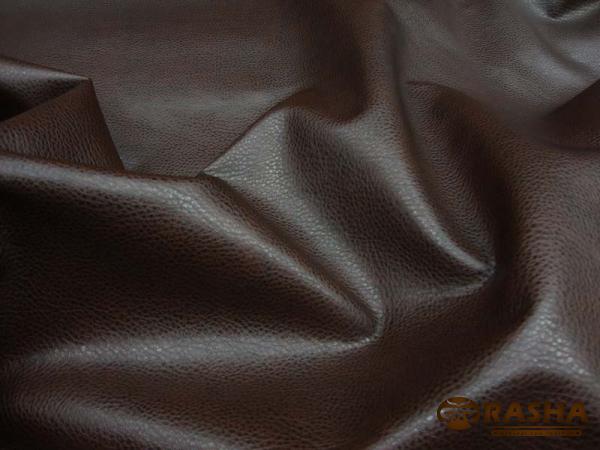 Its ability to withstand frequent usage and resistance to stretching and tearing make it perfect for sofas, chairs, and other seating options. The natural aging process of cow leather gives it a rich patina over time, adding to its aesthetic appeal. 2.3. Footwear: Cow leather is a popular choice for manufacturing durable and comfortable footwear. Its rigid nature allows for better structure and support in shoes, providing a solid foundation for the feet. In addition, cow leather is capable of withstanding the rigors of outdoor activities, making it ideal for boots and hiking shoes. 2.4. Automotive and Aviation Industries: The automotive and aviation industries extensively use cow leather for upholstery due to its durability and ability to retain its shape over time. It is highly resistant to abrasion and offers excellent protection against wear and tear caused by regular use and exposure to harsh environments. 2.5. Limitations of Cow Leather: While cow leather offers exceptional durability, its weight and initial stiffness might not be suitable for all applications. Businesses should consider the intended use and desired characteristics of the end product, as cow leather may not be the best choice for lightweight items or those requiring immediate comfort. 3. Factors to Consider When Choosing Between Sheep Leather and Cow Leather 3.1. Durability and Longevity: If durability and longevity are crucial factors for your business, then cow leather may be the better choice. Its strength and resistance to wear and tear ensure that products made from cow leather can withstand rough usage and serve customers for a longer period. 3.2. Comfort and Softness: On the other hand, if comfort and softness are key considerations, sheep leather comes out on top. Its soft and supple texture provides a luxurious feel and makes it highly comfortable to wear and use. 3.3. Weight and Flexibility: Sheep leather’s lightweight nature and flexibility make it a preferred choice for applications where comfort and ease of movement are important. Cow leather, while heavier and more rigid, may be more appropriate for items that require structure and support. 3.4. Pricing and Availability: The cost and availability of sheep leather and cow leather may vary depending on factors such as region, processing techniques, and demand. It is essential for businesses to consider their budgetary constraints and accessibility when making a choice. Conclusion: Whether you opt for sheep leather or cow leather ultimately depends on your specific business requirements. Sheep leather offers softness, comfort, and a luxurious feel, making it ideal for high-end fashion items and lightweight accessories. Cow leather, on the other hand, provides superior durability, strength, and structure, making it more suitable for heavy-duty products and items that require resilience. By carefully considering factors such as durability, comfort, weight, and pricing, businesses can select the most suitable type of leather to ensure the quality and longevity of their products. Irrespective of the choice, both sheep leather and cow leather provide unique characteristics and benefits that can meet the diverse needs of various industries and consumers.
Its ability to withstand frequent usage and resistance to stretching and tearing make it perfect for sofas, chairs, and other seating options. The natural aging process of cow leather gives it a rich patina over time, adding to its aesthetic appeal. 2.3. Footwear: Cow leather is a popular choice for manufacturing durable and comfortable footwear. Its rigid nature allows for better structure and support in shoes, providing a solid foundation for the feet. In addition, cow leather is capable of withstanding the rigors of outdoor activities, making it ideal for boots and hiking shoes. 2.4. Automotive and Aviation Industries: The automotive and aviation industries extensively use cow leather for upholstery due to its durability and ability to retain its shape over time. It is highly resistant to abrasion and offers excellent protection against wear and tear caused by regular use and exposure to harsh environments. 2.5. Limitations of Cow Leather: While cow leather offers exceptional durability, its weight and initial stiffness might not be suitable for all applications. Businesses should consider the intended use and desired characteristics of the end product, as cow leather may not be the best choice for lightweight items or those requiring immediate comfort. 3. Factors to Consider When Choosing Between Sheep Leather and Cow Leather 3.1. Durability and Longevity: If durability and longevity are crucial factors for your business, then cow leather may be the better choice. Its strength and resistance to wear and tear ensure that products made from cow leather can withstand rough usage and serve customers for a longer period. 3.2. Comfort and Softness: On the other hand, if comfort and softness are key considerations, sheep leather comes out on top. Its soft and supple texture provides a luxurious feel and makes it highly comfortable to wear and use. 3.3. Weight and Flexibility: Sheep leather’s lightweight nature and flexibility make it a preferred choice for applications where comfort and ease of movement are important. Cow leather, while heavier and more rigid, may be more appropriate for items that require structure and support. 3.4. Pricing and Availability: The cost and availability of sheep leather and cow leather may vary depending on factors such as region, processing techniques, and demand. It is essential for businesses to consider their budgetary constraints and accessibility when making a choice. Conclusion: Whether you opt for sheep leather or cow leather ultimately depends on your specific business requirements. Sheep leather offers softness, comfort, and a luxurious feel, making it ideal for high-end fashion items and lightweight accessories. Cow leather, on the other hand, provides superior durability, strength, and structure, making it more suitable for heavy-duty products and items that require resilience. By carefully considering factors such as durability, comfort, weight, and pricing, businesses can select the most suitable type of leather to ensure the quality and longevity of their products. Irrespective of the choice, both sheep leather and cow leather provide unique characteristics and benefits that can meet the diverse needs of various industries and consumers.
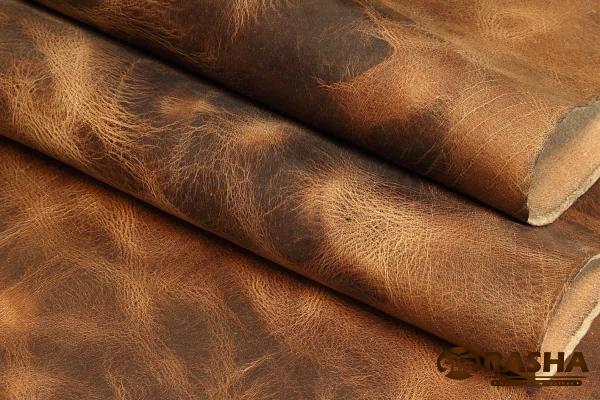
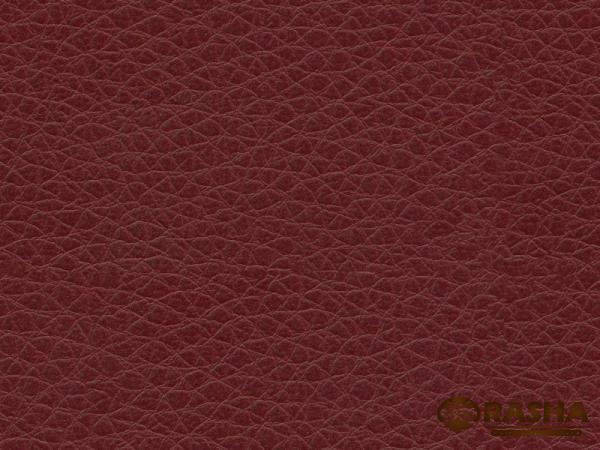
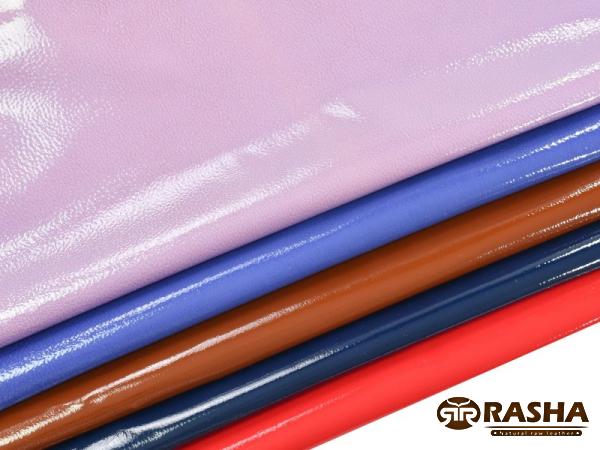
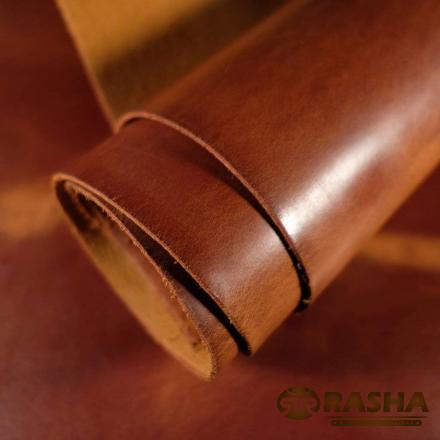
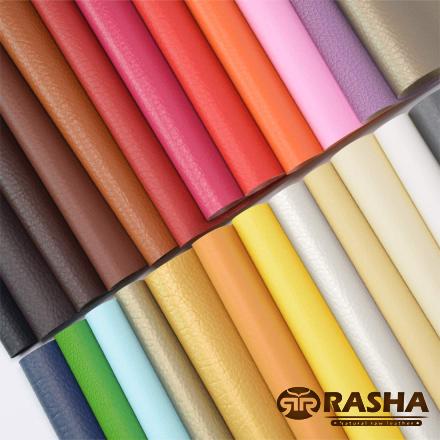
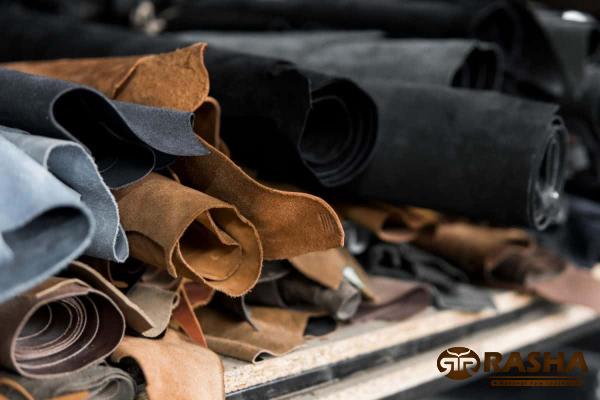
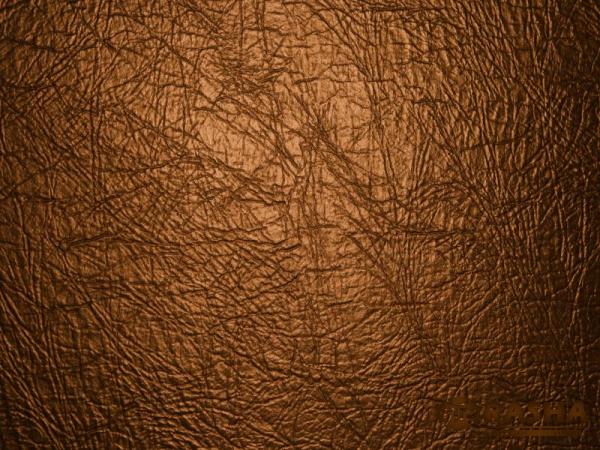
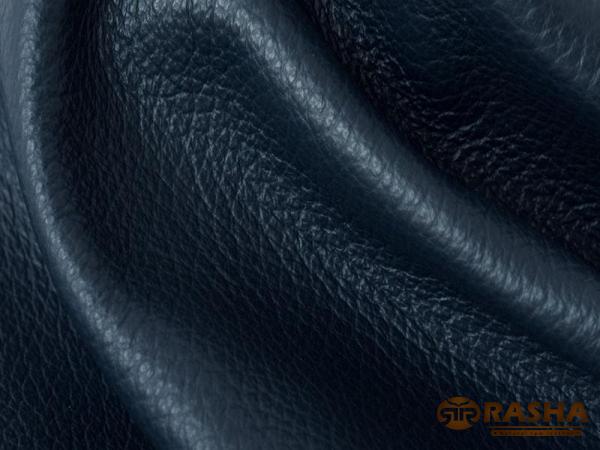
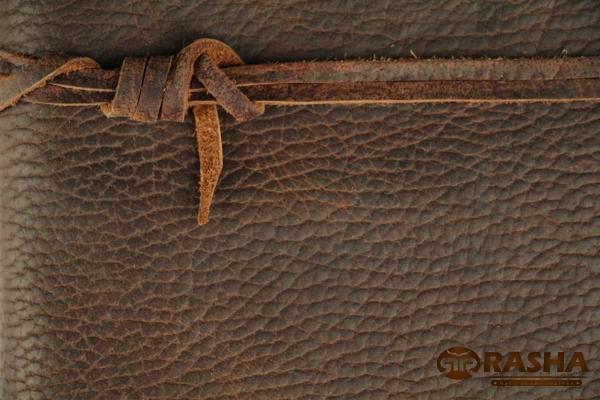
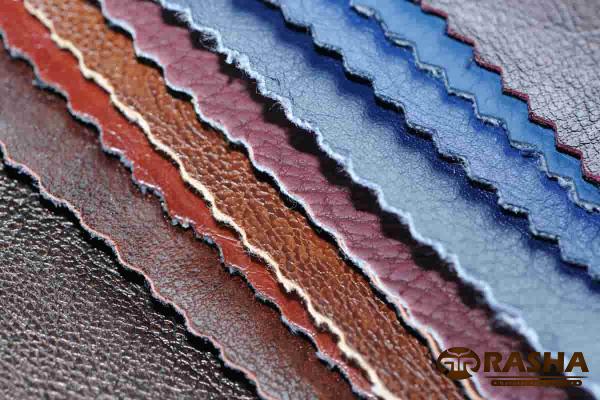
Your comment submitted.